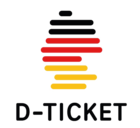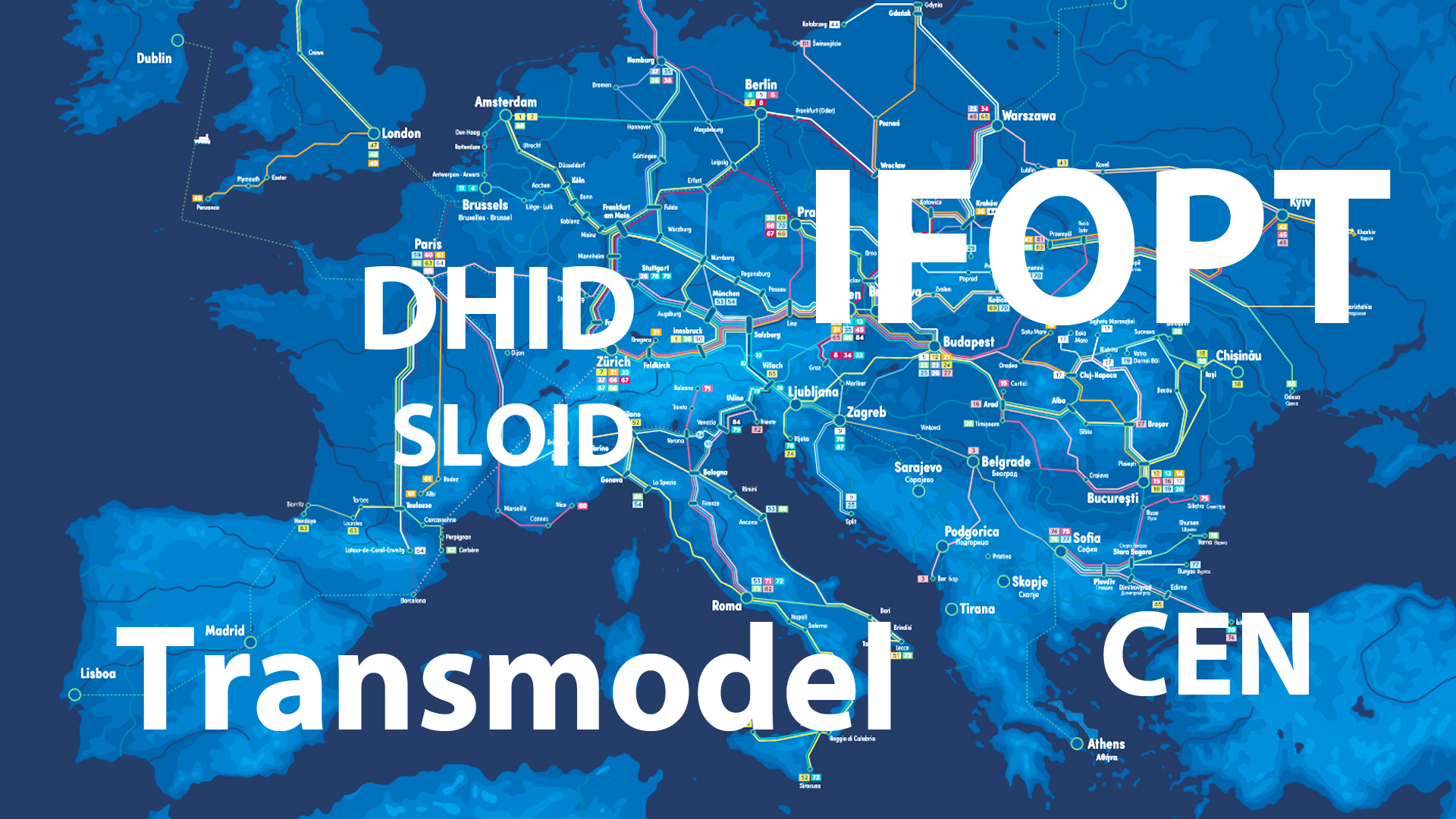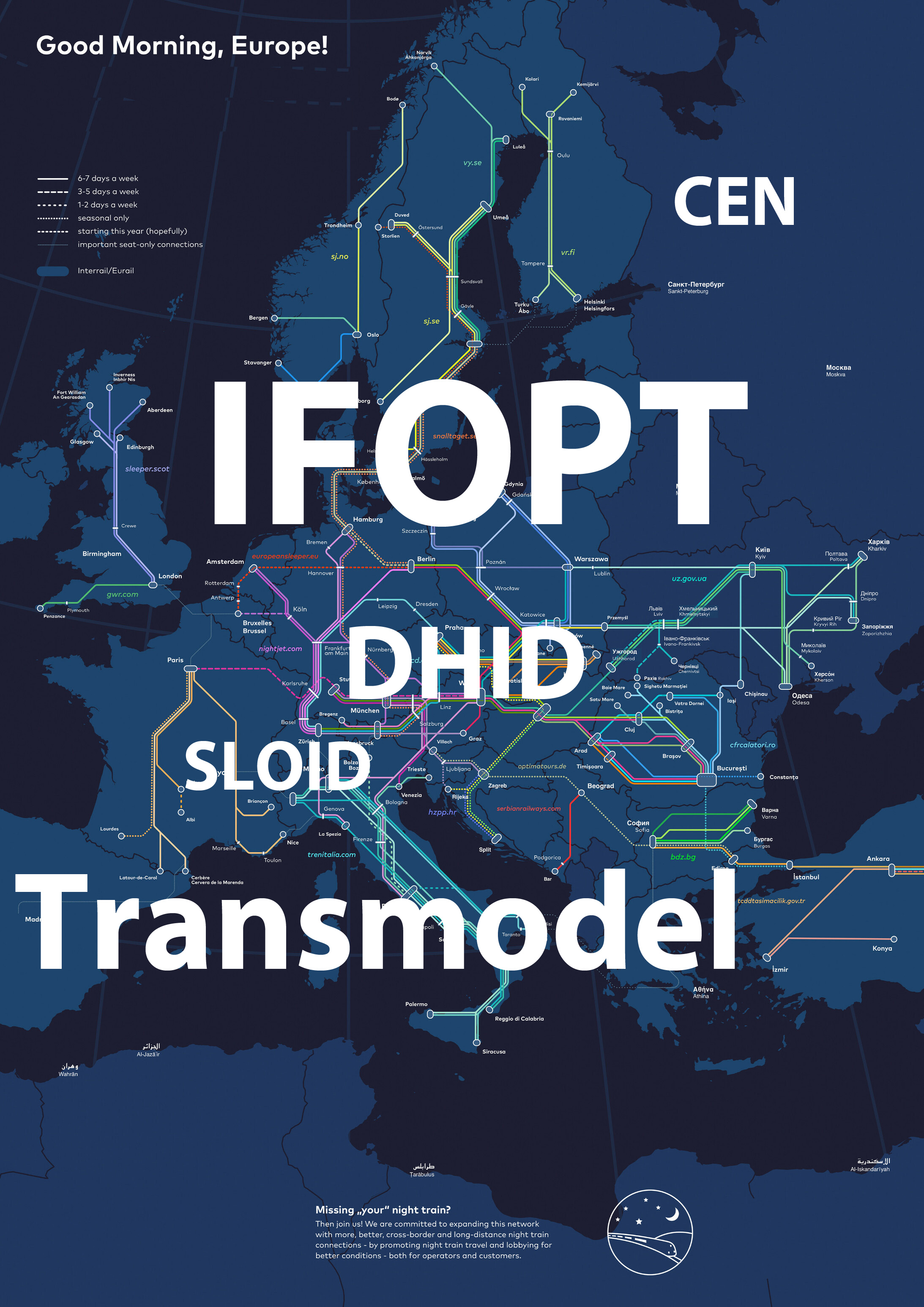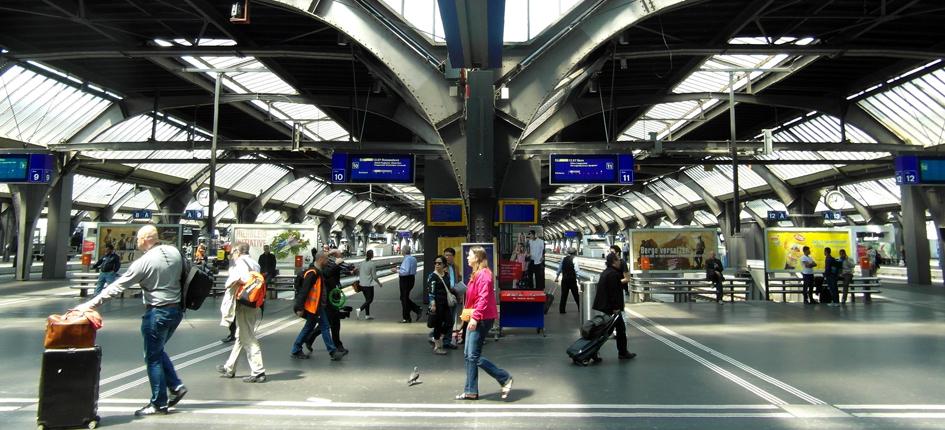Stations and stops:
Fit for the digital future
WavePointer beacons and cloud solutions now fully support the IFOPT standard (Identification of Fixed Objects in Public Transport – DIN EN 28701)
Mobility is an important prerequisite for participation in social life and the fulfilment of basic everyday needs such as education, work, shopping or leisure activities. In order to guarantee and promote the mobility of people who cannot or do not want to use a car, a good range of long-distance and, in particular, local public transport services is of great importance. The quality of public transport services is the result of a variety of components and can be defined in different ways.
Stations and stops:
The coordinates of the international public transport networks
A key quality criterion for a passenger is the number of stops available, their accessibility and also the cycles in which these stops are served by a means of transport. For a passenger, the first question is usually: "Where is the next stop?" - Only then is it decided which specific connection to the destination will be combined.
The digitalisation of society is a megatrend that is also leading to major changes in public transport. Digital stop data documents the public infrastructure and is therefore also becoming extremely important for a variety of applications in public transport.
The IFOPT standard (Identification of Fixed Objects in Public Transport - DIN EN 28701) describes the objects of a stop and their mapping in a data structure. The IFOPT standard supports the mapping of identifiers for stops up to mast level. In addition, intermediate points (routes in interchange structures) and POIs can also be defined. The IFOPT standard is already used in many countries and network systems and has therefore proven its suitability. In systems that already generate stop identifications in accordance with the IFOPT standard, these are generally referred to as global IDs.
Example Germany: National bus stop labelling based on the international IFOPT standard

The network of bus and train stops in Germany is dense: Over 70 million people, or a good 92 percent of the population, can find one of the approximately 217,000 stops within 600 metres of their home.
In 2016, the Association of German Transport Companies also defined the exact "identification of stops" using a so-called DHID in VDV Guideline 432. The DHID is the standardised mapping of the IFOPT standard to Germany, but has the character of a global ID in an international context due to the nation identifier. In this context, the Germany-wide, standardised stop identification (DHID) represents a decisive basis for networking in public transport in Germany. For the first time, stops and stop objects can be clearly identified at national level, i.e. across national and regional borders. The advantage for transport companies and transport associations will result on the one hand from the efficiency gains in data management and communication processes, and on the other hand from the increased future viability and innovative capacity of their data and systems.
A Germany-wide stop ID was also interesting with regard to product and control modules, but also for the implementation of new innovative sales channels, such as mobile phone ticket and potentially also check-in/check-out or be-in/be-out systems. The Deutschland-Ticket, or D-Ticket for short, was introduced in May 2023. For currently 49 euros per month, it offers nationwide mobility on all local public transport buses and trains. The D-Ticket is valid on all local public transport services (2nd class) in Germany.
IFOPT in use internationally
The IFOPT standard is also used nationally in many other countries (Switzerland, Austria, etc.). In addition to the respective possibilities in the country, this also opens up future application in international exchange.
WavePointer unleashes the full potential of stops by supporting IFOPT
WavePointer, the specialist for radio-based detection solutions in public transport, now also supports the IFOPT standard for all RailTAG beacons and the WavePointer Cloud. In addition to the existing beacon solutions for means of transport, stops can now also be digitised quickly, easily and permanently and thus become "proactive participants" in the service and fare landscape of international public transport. Stops can be equipped with plug & play interactive radio transmitters and integrated into a network based on the IFOPT standard.
The major advantage is that digitised stops (locations, areas, masts, stop positions) will in future emit active signals that can be used by various systems and end devices.
This results in the following options:
- Passengers can automatically identify stations and stops with the help of their digital devices and receive precise, relevant information (timetables, information on means of transport & POIs, departures, arrivals, neighbourhood data, recommendations, offers, etc.).
- Passenger information can be used for improved billing and evaluation of ticket data (Abo-Ticket, Smart Ticket, CiBo, BiBo, etc.) as well as the calculation of distribution keys and revenue sharing.
- Support for systems for real-time data supply, real-time information systems, systems for dynamic passenger information (DFI), operations control systems (itcs/RBL), etc.
- Reflection of a national stop register using digital signals, which can be actively addressed and used by a wide variety of standard-based systems.
Digitalisation: usable across borders
The marking solution created by WavePointer is not only quick and easy to install, it also has the advantage that it can be used anywhere and at any time - whether above or below ground. This solution therefore offers maximum independence, flexibility and investment protection.
WavePointer solutions offer the possibility of digitally marking means of transport, stations and stops internationally. This means that the added value for passengers - for example with a ticket - can also be used across borders, provided that those responsible for the country in question have fundamentally agreed on the fare validity beforehand. It would therefore be technically conceivable that a German ticket could also be used in the transport network of another European country and the provider of the transport service could still receive income for

Über IFOPT
IFOPT (Identification of Fixed Objects in Public Transport) is a CEN Technical Specification that provides a Reference Data Model for describing the main fixed objects required for public access to Public transport, that is to say Transportation hubs (such as airports, stations, bus stops, ports, and other destination places and points of interest, as well as their entrances, platforms, concourses, internal spaces, equipment, facilities, accessibility etc.). Such a model is a fundamental component of the modern Public transport information systems needed both to operate Public transport and to inform passengers about services. IFOPT has been revised and incorporated into Transmodel v6 – Part 2 .
Über WavePointer
WavePointer ist ein innovatives High-Tech-Unternehmen mit Hauptsitz am Zugersee in der Schweiz. Das Team des Unternehmens konzentriert sich auf Design- und Produktionsdienstleistungen in den Bereichen integrierte Schaltungen, elektronische Systeme, Firmware, Software und die Entwicklung eigener Marken im Anwendungsgebiet des Internet der Dinge (IoT). Zu den Kunden gehören internationale Konzerne und KMUs in vielen Branchen.
WavePointer entwickelt und produziert eigene, zertifizierte Produktlinien und ermöglicht auch die technische Umsetzung von Kundenvisionen. Erfahrene Ingenieure mit Auszeichnungen in den Bereichen Elektronik, Software und Produkt-Engineering ermöglichen ein Höchstmass an Leistung.
- Entwurf integrierter Schaltungen/elektronischer Systeme, einschließlich Hardware- und Firmware-Entwicklung
- Globale Satellitennavigation, Sensorik und modernste Funktechnik
- Miniaturisierung, Optimierung der Reichweite und Ultra-Low-Energy-Management
- Software-Engineering mit Schwerpunkt auf eingebetteten Lösungen
- Edge- und Cloud-Computing-Architekturen
- Zertifizierung von Geräten, Baugruppen und Gehäusekonstruktionen
- Umsetzung von Prototypen, Kleinserien und die Massenproduktion
- Automatische Identifizierung über ein sichere QR-Code-System (SQRC) – DENSO Partner



